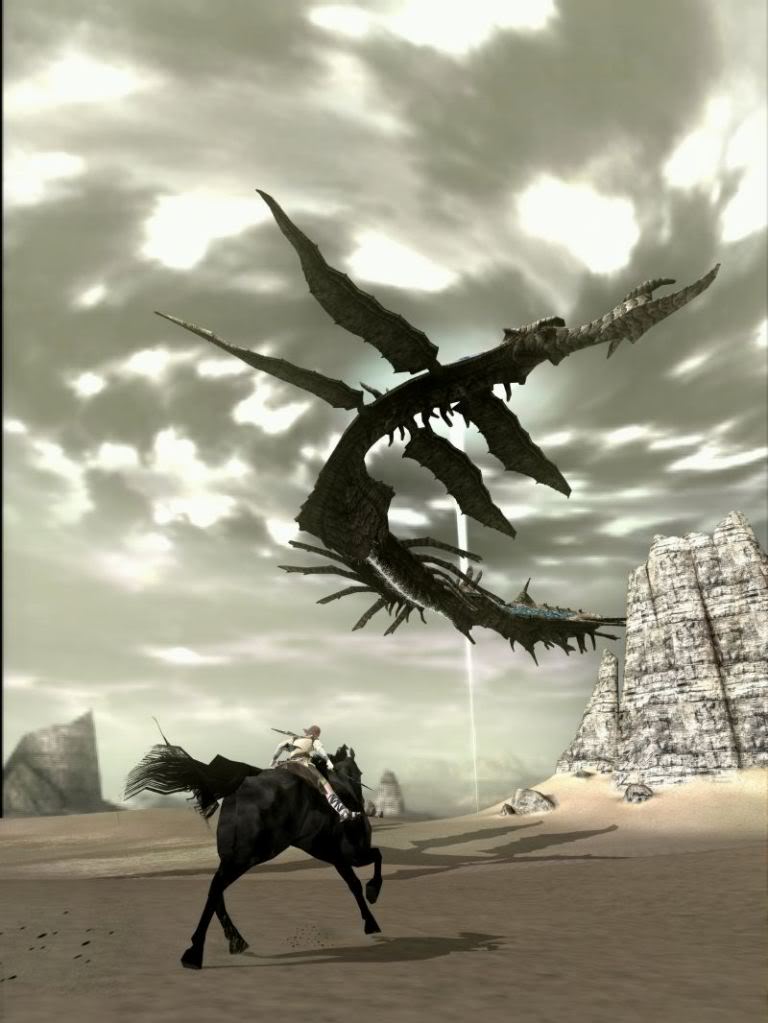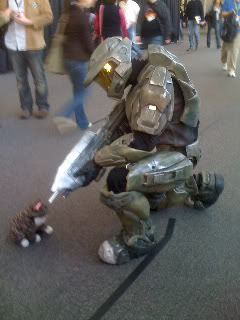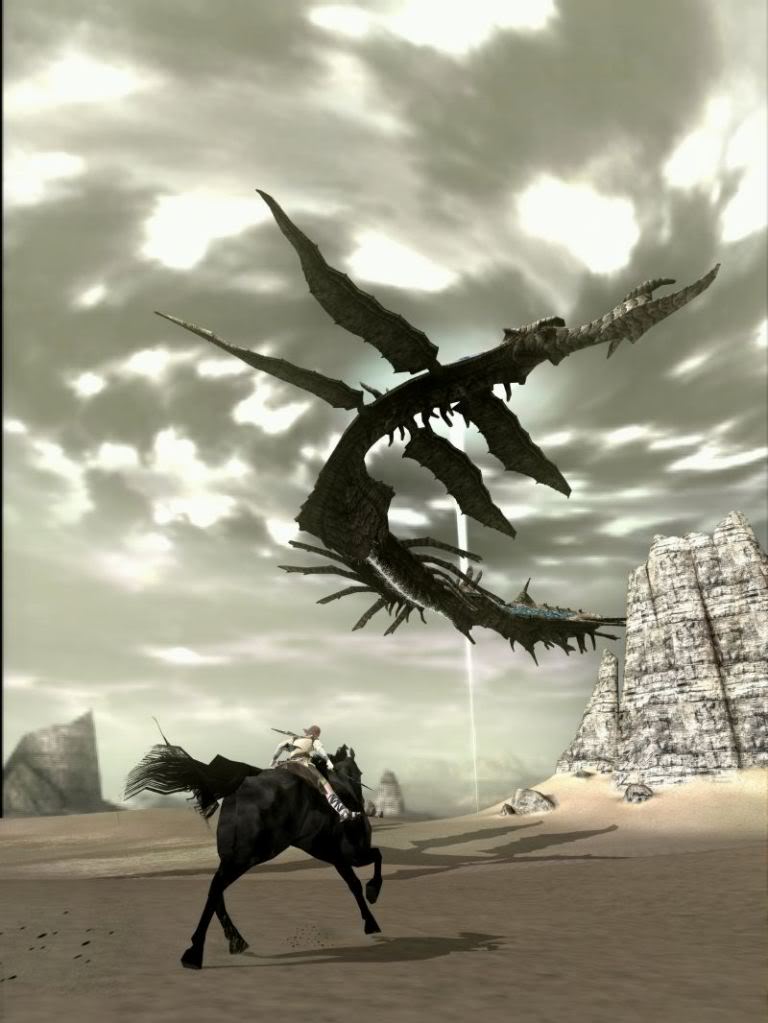Editor's note: You know what? Liam is dead on target. I'd never really considered it, but developers should use animal companions more often. They are generative of emotional attachment without all the fuss and muss of voice acting, quality writing, and valleys that are uncanny. -James
 Video games need pet companions. These days, many titles leave you all by your lonesome. Most games consist solely of your player and the hordes of enemies he blasts away with psychopathic glee. Granted, some give you other characters to talk to — complete with twitchy facial animations and strange, unrecognizable accents — but whether it's the original Half-Life, Halo, or BioShock, you are alone for most of the game with nothing but your shotgun for company.
Video games need pet companions. These days, many titles leave you all by your lonesome. Most games consist solely of your player and the hordes of enemies he blasts away with psychopathic glee. Granted, some give you other characters to talk to — complete with twitchy facial animations and strange, unrecognizable accents — but whether it's the original Half-Life, Halo, or BioShock, you are alone for most of the game with nothing but your shotgun for company.
And you know what? In many of these games, I kind of like it that way. Let's be perfectly honest: Most game companies nowadays — with the exception of a few like Bioware — can't write worth crap. And if you can't write, don't. Just leave me alone, and give me some guys to shoot.
That is one of my favorite things about pets in games. They're characters in their own right, but they play to many game developers' strengths (i.e. they don't talk). Ironically, the companies who use pets are often the ones who can write a decent story, but that is neither here nor there.
 I'm not saying that pets are the easy way out. Like I said before, good pets in games are characters in their own right, but creators don't have to build them with what people normally consider the the brick and the mortar of traditional character development: dialogue.
I'm not saying that pets are the easy way out. Like I said before, good pets in games are characters in their own right, but creators don't have to build them with what people normally consider the the brick and the mortar of traditional character development: dialogue.
This is like trying to build a house without being able to use a ladder: You can build the foundation pretty easily (slap some big eyes on that sucker), but building anything higher is going to take a certain amount of finesse.
It's the little things that make pets in games great — like the first time you come back after getting a snack and find your dog peeing on your character's leg or licking his face. It's these "aww" or "eww" moments that really strengthen your affection toward a pet. In Shadow of the Colossus, I still smile when Wander calls, "Argo!" and I see my black horse gallop up over a hill toward me.
Another useful service that pets provide is the preservation of solitude while still giving you something other than the main character to latch onto. While prowling the plains of Shadow of the Colossus, the only living beings other than you are Argo, some lizards, a bird or two, and of course, the colossi. If it was just you, the game would very quickly become oppressively lonely. It's still lonely even with Argo, but not in a discouraging way.
 Spoiler alert for Shadow of the Colossus and Mass Effect!
Spoiler alert for Shadow of the Colossus and Mass Effect!
Pets can provide great feelings of sadness when you lose them. One of the saddest moments in a game that I can remember is when Argo launches Wander off of his back to save him from a crumbling bridge they are racing across. Argo falls into the chasm below, and Wander gives one last impassioned Argo!" as he plummets.
The fact that I still remember that scene more vividly than any other is a testament to the power of the pet. In Mass Effect, I felt a little guilt about leaving Kaiden to die in order to save Ashley, but that human sacrifice just doesn't compare to the sacrifice of a pet to save its master. For whatever reason, that's the way human psychology works, and the smart developers turn that to their advantage.
Including a pet in a game where the player is otherwise mostly solitary can add an interesting dynamic to the game. They can elicit emotions that are hard to achieve with human characters more easily while presenting their own challenges. Characters don't need to be alone in order to be badasses. After all, don't you think that deep down in his heart Master Chief really wants is a little kitty?



